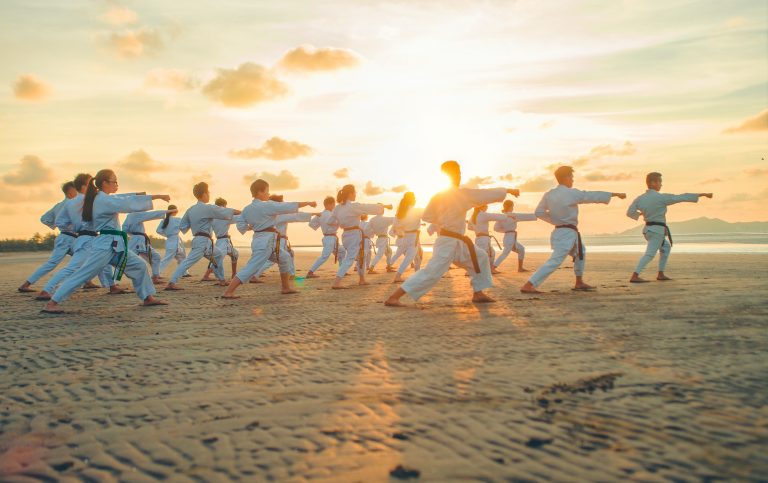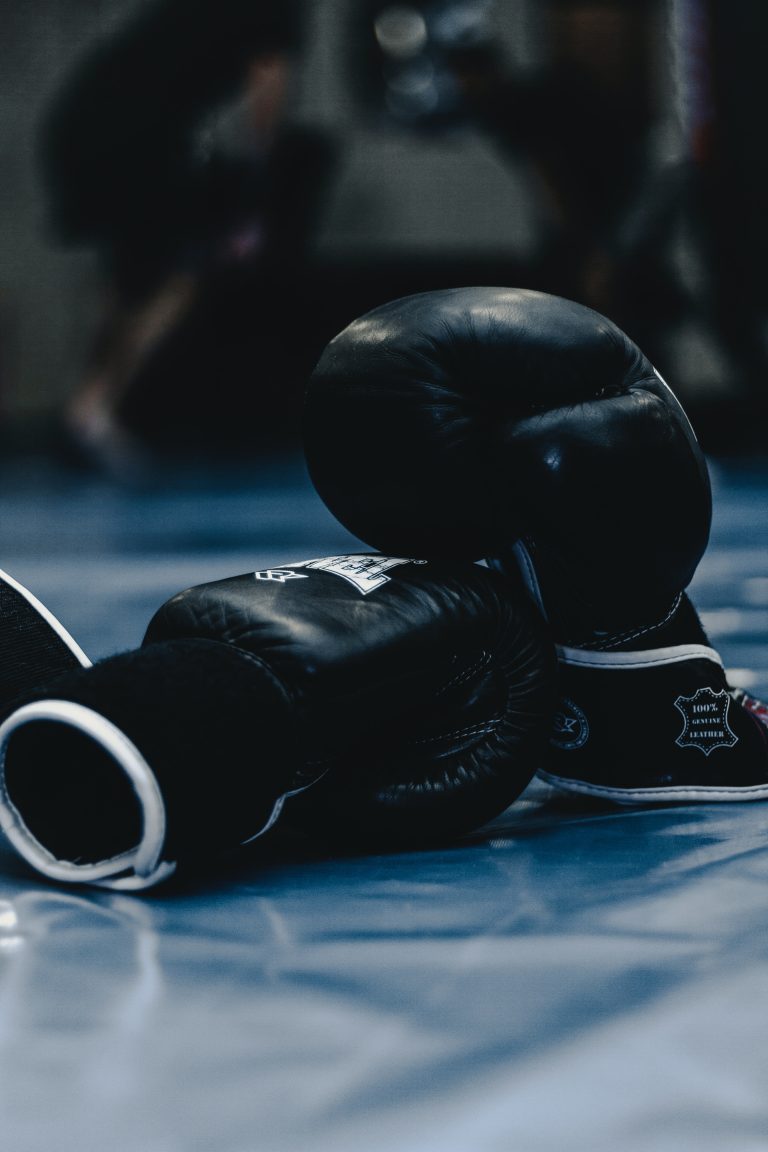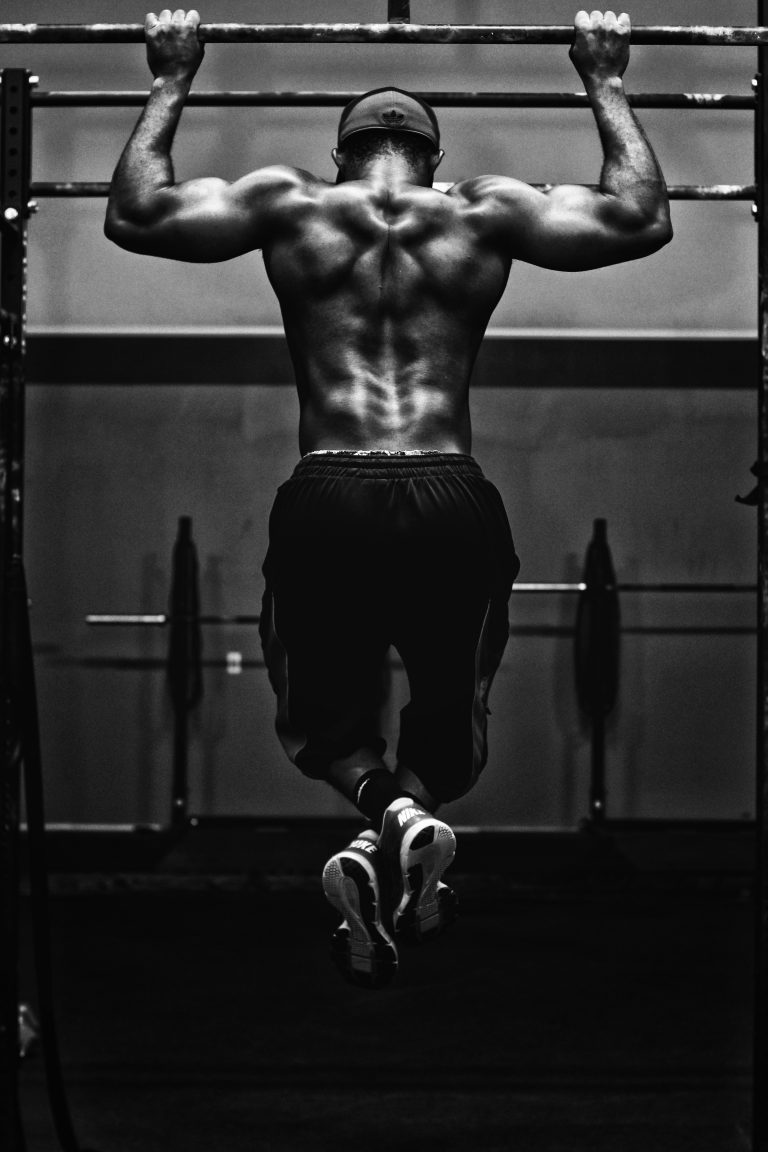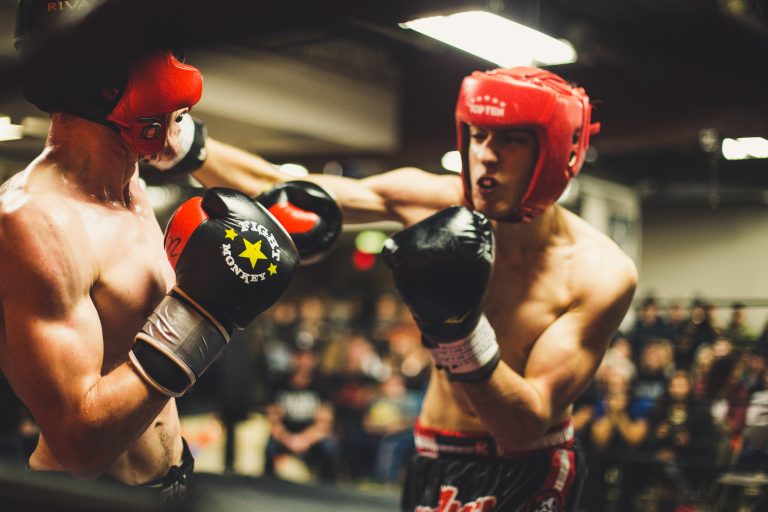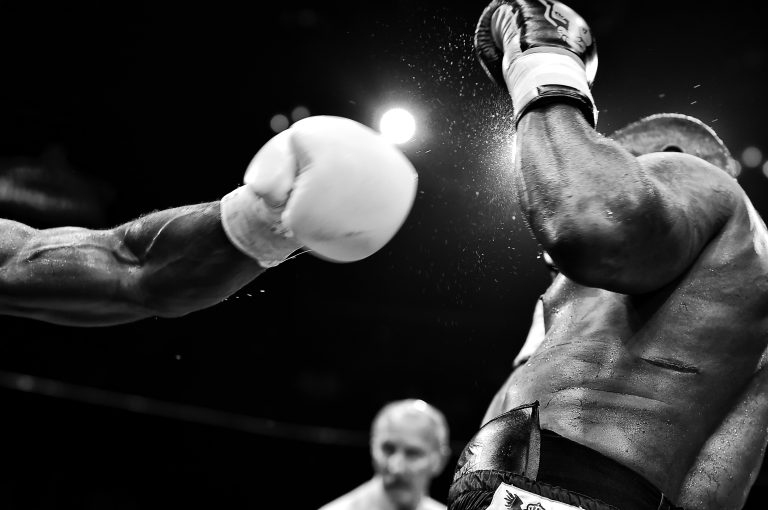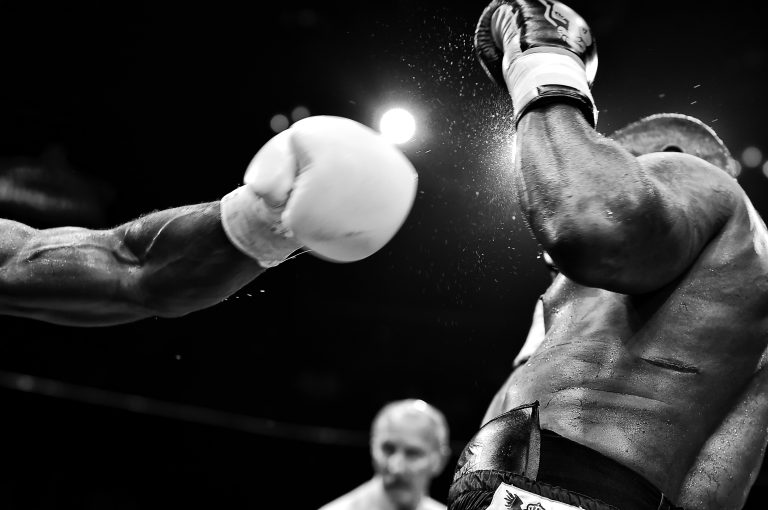Can Karate Be Used as an Effective Self-Defense?
Karate, a martial art practice originated in Okinawa, Japan, attracts thousands of people worldwide, regardless of age and gender. The practice of karate requires consistency, dedication, and a mental discipline that transcends physical skill. It is not surprising that many people see karate as an effective tool for self-defense. But the question of whether karate can help defend oneself in a real-life situation is a matter of debate. In this blog post, we will explore the effectiveness of karate as a self-defense technique.
What is Karate?
Karate is a martial art technique that combines elements of punching, kicking, knee strikes, elbow strikes, and open-hand techniques such as knife-hands, palm strikes, and finger strikes. Karate emphasizes developing speed, striking power, and agility, making it an excellent tool for self-defense.
Can Karate Be Used in Self-Defense?
The answer is yes. Karate is an excellent tool when it comes to defending oneself. Karate teaches a person how to strike, block, and kick, which can be applied in the face of danger. In addition, karate emphasizes self-awareness, self-confidence, and situational awareness, which are important factors in self-defense.
However, it should be noted that the effectiveness of karate as a self-defense technique depends on various factors, including the situation, the attacker’s size, the environment, and the practitioner’s skill level. In a real-life situation, a karate practitioner must also be mentally prepared to respond appropriately to the situation.
Benefits of Karate for Self-Defense
Karate undoubtedly offers numerous benefits for self-defense, including:
1. Improved Physical Fitness:
Karate helps develop flexibility, strength, and stamina, making it easier for the practitioner to react and defend themselves against attackers.
2. Increased Self-Confidence:
Karate emphasizes mental discipline, self-awareness, and emotional control, which help develop self-confidence, boosting self-esteem.
3. Situational Awareness:
Karate teaches individuals to be aware of the surroundings and identify potential danger, enabling them to avoid or prepare for dangerous situations.
Conclusion
In conclusion, karate can be an effective tool for self-defense, but its effectiveness depends on various factors. Individuals seeking to acquire self-defense skills should consider adding karate to their skillset. The physical fitness and mental discipline gained from karate practice could prove valuable in self-defense situations. However, it is essential to remember that self-defense is not just limited to physical techniques; it requires mental and situational awareness to stay safe. It is imperative to seek professional guidance from an experienced karate instructor while learning the techniques.
Can Karate Be Used as an Effective Self-Defense?
When it comes to self-defense, many people wonder if karate is an effective option. While there is no definitive answer to this question, several factors can influence the effectiveness of karate in self-defense situations. In this post, we will explore the most frequently asked questions about karate and self-defense to help you better understand the topic.
What is Karate?
Karate is a martial art that originated on the Okinawa Islands in Japan in the early 20th century. It focuses on rapid, powerful strikes with hands and feet, as well as grappling and joint manipulation techniques. Traditionally, karate training combines physical conditioning, self-defense techniques, and character development.
Is Karate Effective for Self-Defense?
Yes, karate can be an effective self-defense option. However, its effectiveness depends on several factors such as the practitioner’s skill level, physical condition, and ability to perform in high-pressure situations.
One of the challenges with using karate for self-defense is adapting to unpredictable situations, such as multiple attackers or unexpected weapons. Knowing how to modify specific karate techniques to handle such situations is essential for effective self-defense with karate.
Another factor that can impact the effectiveness of karate in self-defense situations is the focus on sport karate training in many modern karate schools. While sport karate can help build physical fitness and technical skills, it may not prepare practitioners for real-world self-defense scenarios.
Therefore, it is important to find a karate school that teaches realistic self-defense techniques and strategies to maximize the effectiveness of karate in self-defense situations.
What Type of Karate is Best for Self-Defense?
The type of karate that is best for self-defense depends on several factors, including the practitioner’s goals, physical capabilities, and the training methods of the school.
Shotokan, Goju-Ryu, and Shito-Ryu are some of the most popular traditional karate styles that can be effective for self-defense. These styles emphasize strength, speed, and technique and use a wide range of strikes and kicks.
However, other styles of karate, such as Kyokushin and Shorin-Ryu, focus more on sparring and full-contact fighting, which can be more effective for self-defense.
Ultimately, the effectiveness of a karate style for self-defense depends on the practitioner’s ability to adapt the techniques to real-world self-defense scenarios and the level of training provided by the school.
Can Women Learn Karate for Self-Defense?
Yes, women can learn karate for self-defense. In fact, many karate schools offer self-defense classes specifically tailored to women who want to learn how to protect themselves in dangerous situations.
The physical demands of karate training can improve women’s strength, coordination, and cardiovascular fitness, making them better equipped to defend themselves if necessary. Additionally, the mental discipline and confidence developed through karate training can be invaluable in self-defense situations.
Does Karate Training Increase Confidence?
Yes, karate training can increase confidence. The intensity and discipline required for karate training can help build mental strength and develop self-confidence.
Karate practitioners learn to overcome physical and mental obstacles through focused training and practice, which can translate into increased confidence in other areas of life.
Karate training can also help practitioners develop a positive body image, which can boost self-esteem and confidence levels.
Conclusion
Karate can be an effective self-defense option, but its effectiveness depends on several factors, including the practitioner’s skill level, physical condition, and ability to perform in high-pressure situations. Choosing the right karate school and training realistically for self-defense scenarios is essential to maximize the effectiveness of karate in self-defense situations. Ultimately, karate training can help individuals develop strength, coordination, confidence, and mental discipline that can be invaluable in self-defense situations and beyond.
Inhaltsverzeichnis

